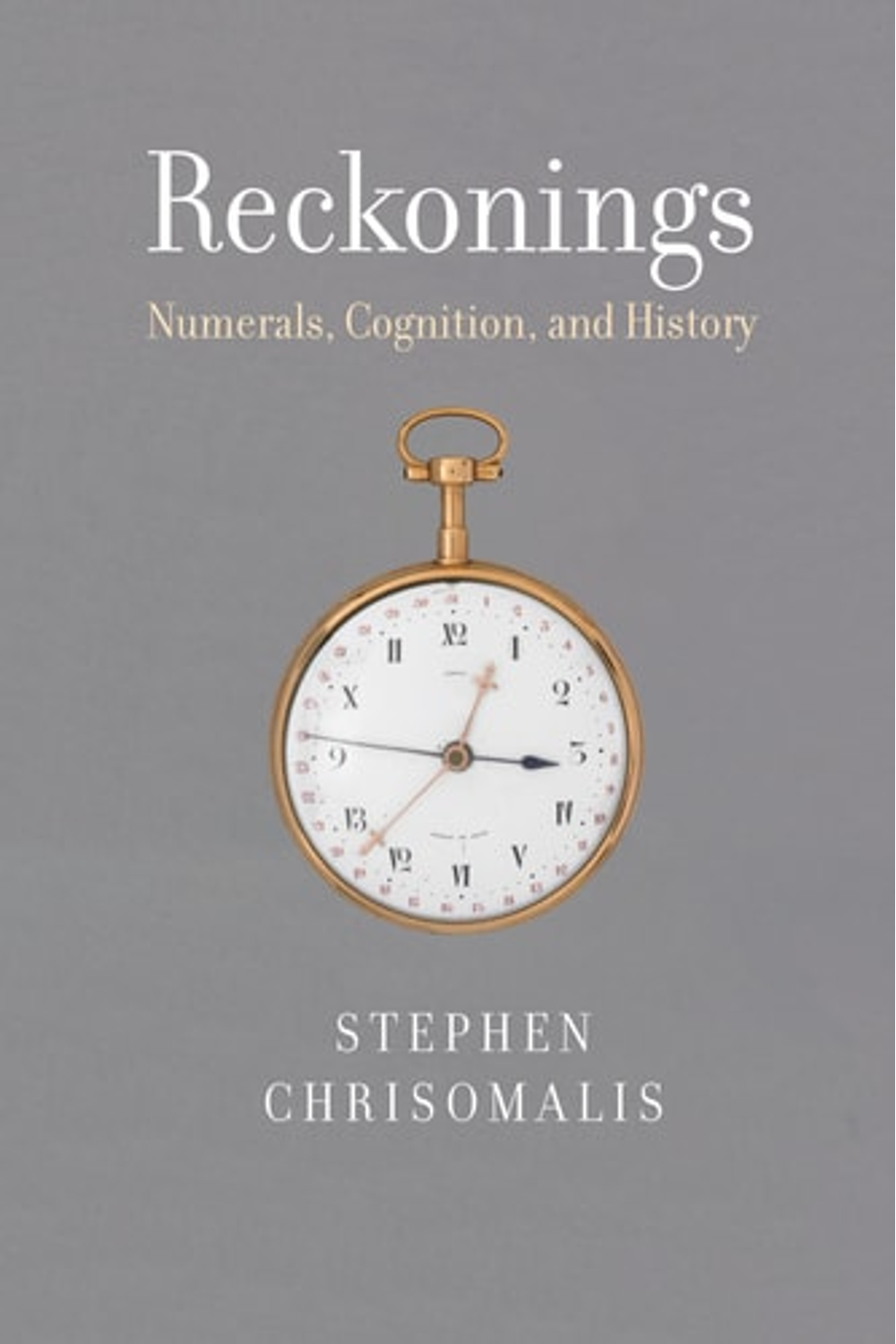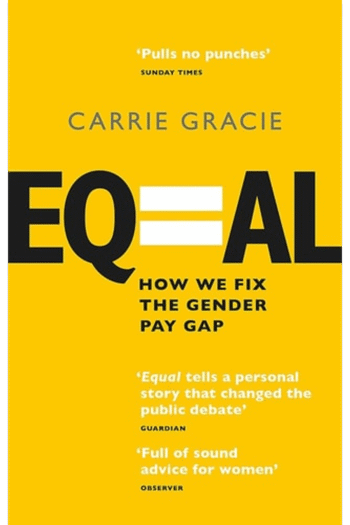Uncover the hidden history and cognitive science behind our number systems with Stephen Chrisomalis’s *Reckonings: Numerals, Cognition, and History*. This thought-provoking hardcover, published by MIT Press, explores how diverse cultures have represented numbers across 5,000 years, revealing that numerical notation is far more than just a practical tool. Chrisomalis delves into the social and cognitive factors influencing our choice of numerals, examining overlooked systems and challenging the dominance of the decimal system. Discover surprising insights into Roman numerals, their enduring relevance, and how they defy the perception of being outdated. Perfect for history buffs, math enthusiasts, and anyone curious about the evolution of human thought, *Reckonings* will transform your understanding of the numbers that shape our world. Explore the intersection of mathematics, anthropology, and cognitive science in this fascinating journey through the history of counting.
Reckonings: Numerals, Cognition, and History
22,70 $
In stock
Insights from the history of numerical notation suggest that how humans write numbers is an active choice involving cognitive and social factors.
Over the past 5,000 years, more than 100 methods of numerical notationdistinct ways of writing numbershave been developed and used by specific communities. Most of these are barely known today; where they are known, they are often derided as cognitively cumbersome and outdated. In Reckonings, Stephen Chrisomalis considers how humans past and present use numerals, reinterpreting historical and archaeological representations of numerical notation and exploring the implications of why we write numbers with figures rather than words.
Chrisomalis shows that numeration is a social practice. He argues that written numerals are conceptual tools that are transformed to fit the perceived needs of their users, and that the sorts of cognitive processes that affect decision-making around numerical activity are complex and involve social factors. Drawing on the triple meaning of reckonto think, to calculate, and to judgeas a framing device, Chrisomalis argues that the history of numeral systems is best considered as a cognitive history of language, writing, mathematics, and technology.
Chrisomalis offers seven interlinked essays that are both macro-historical and cross-cultural, with a particular focus, throughout, on Roman numerals. Countering the common narrative that Roman numerals are archaic and clumsy, Chrisomalis presents examples of Roman numeral use in classical, medieval, and early modern contexts. Readers will think more deeply about written numbers as a cognitive technology that each of us uses every single day, and will question the assumption that whatever happened historically was destined to have happened, leading inevitably to the present.
| Authors | |
|---|---|
| Binding | |
| Condition | |
| ISBN-10 | 0262044633 |
| ISBN-13 | 9780262044639 |
| Language | |
| Pages | 288 |
| Publisher | |
| Year published | |
| Weight | 1678 |
- Additional information
- Currencies
- USD – United States dollar
- EUR – Euro
- GBP – Pound sterling
- CNY – Chinese yuan
- BRL – Brazilian real
- MXN – Mexican peso
- JPY – Japanese yen
- PHP – Philippine peso
- THB – Thai baht
- PLN – Polish złoty
- CAD – Canadian dollar
- MYR – Malaysian ringgit
- AUD – Australian dollar
- TWD – New Taiwan dollar
- CZK – Czech koruna
- SEK – Swedish krona
- HUF – Hungarian forint
- ILS – Israeli new shekel
- CHF – Swiss franc
- HKD – Hong Kong dollar
- DKK – Danish krone
- SGD – Singapore dollar
- NOK – Norwegian krone
- NZD – New Zealand dollar





